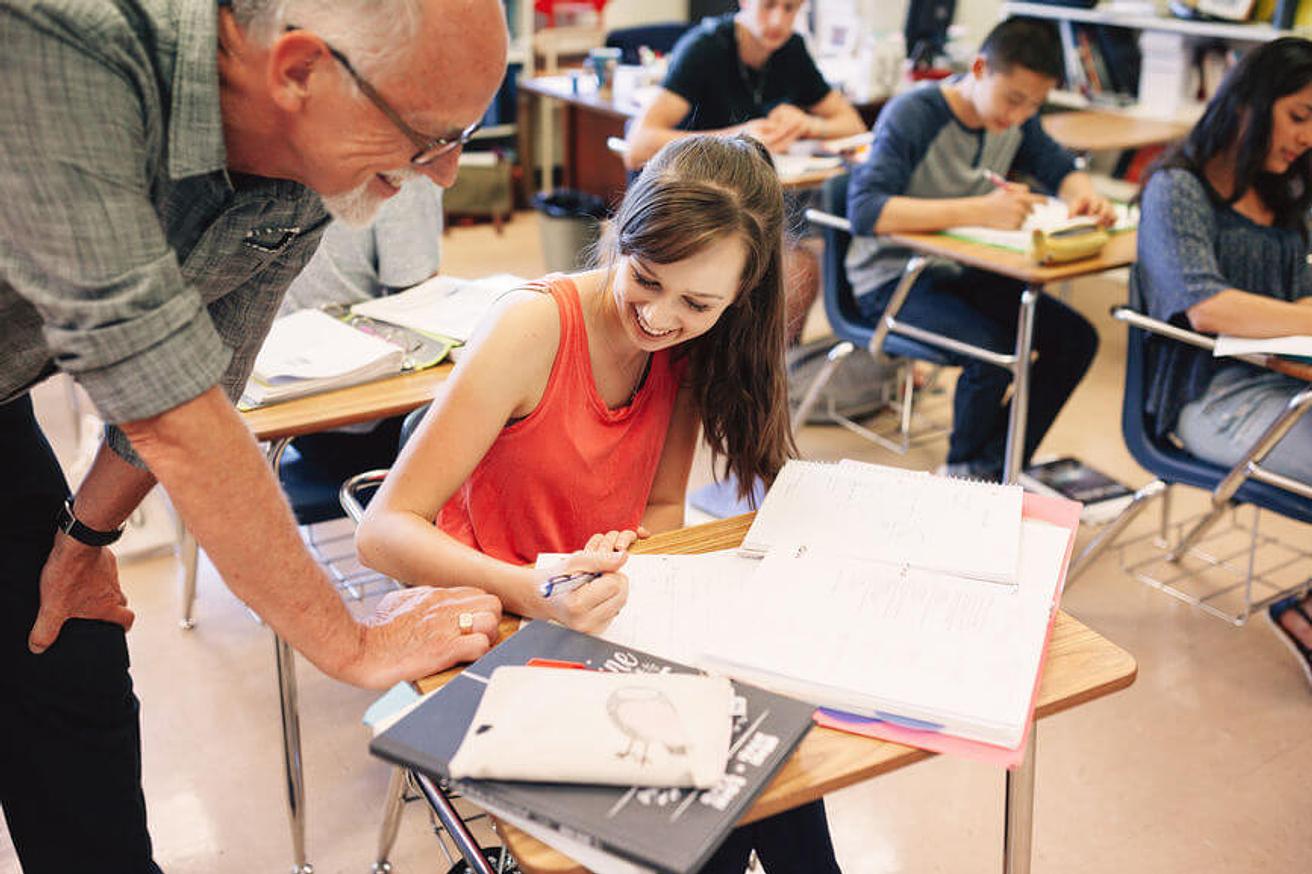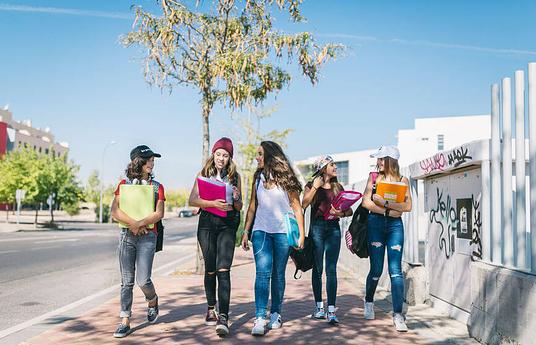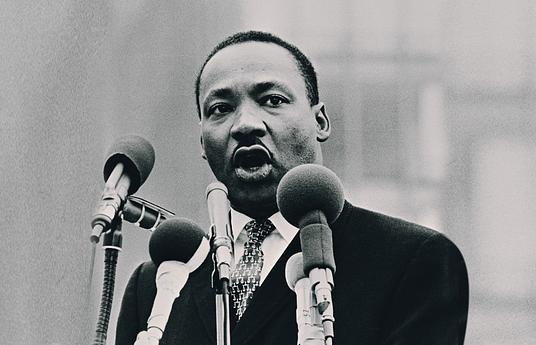Nearly half of students want better relationships with their teachers. At least, that’s what HundrED’s research report, ‘Every Child To Flourish’, found. The Global Youth survey revealed 46% of students voted that they wanted better relationships with their educators. In addition to the survey results, students could make comments on the questions and voice their individual opinions. Teachers came up frequently throughout these comments, suggesting how important it is for young people to feel they have built a strong relationship with their teacher throughout their education.
Even when asked what they valued in education, teachers themselves came up consistently in the responses. One child from the US said, ‘In my education, I value the connection with peers and educators,’ with another, Puerto Rican, student commenting, ‘In my education, I value the relationships that I’ve built with teachers.’ In Denmark, it was the collaboration between students and teachers that was important, with one young person explaining, ‘In my education, I value teamwork between staff and students.’
This isn’t all too surprising. When looking back on our own educational experiences, more often than not there are those one or two special teachers who stand out. We may not remember how to do algebra or the periodic table or word-for-word quotes from Shakespeare, but we do remember the teachers who taught us these things.
Usually, these teachers stand out in particular because we connected with them on a deeper level than your average student-teacher relationship. Perhaps they understood where you were coming from, they believed in you when no one else would, or explained things in a way that connected to your own life and therefore made sense. However they did it, it is the human connection that made learning from them an easy and natural thing.
More than this, a strong bond with a teacher, one who truly has your back, can encourage the most marginalized of children to succeed in education, shaping their futures forever. This is something teacher Rita Pierson passionately explains in her Ted Talk, ‘Every Kid Needs A Champion.’
Pierson begins by explaining how everyone knows why children drop out or don’t do well at school. It may be to do with their low-economic background, negative peer-influence or low attendance. But, Pierson goes on to say, ‘One of the things that we never discuss is the value and importance of human connection.’
Just as students revealed in their survey comments, human connection is one of the most powerful resources we all have at our disposal. On the flip-side, living without strong connections to others can be one of the most detrimental things to happen to us. We are social beings after all, and we need to feel connected in order to flourish in life.
So how can educators build a connection with their pupils, particularly the ones who may have lacked supportive relationships in the past? Pierson suggests it’s about being a student’s champion, the person who is on their side for once, which can be extremely powerful for children who have previously been written off.
Even apologizing, and therefore showing yourself to be human just like them, can break the stiff, formal relationship between teachers and students. Pierson describes how she taught a whole maths lesson wrong and then apologized to the children the next day when she had realized her mistake. ‘Tell a kid you’re sorry and they’re in shock,’ Pierson tells the audience. Children, it seems, are not used to being apologized to, especially by a figure of authority who recognizes that they’ve done something wrong.
But it is these instances that can help to build trust between a child and their teacher. Despite the mix-up with the lesson, the children were good-humored about it, ‘We just let you roll on with it,’ they said.
It’s also about changing the language we use with young people. For instance, when a child got only two answers right and eighteen wrong, Pierson wrote a large number two with a smiley face next to it on their piece of work. The child questioned why there was a smiley face when they’d done so badly, Pierson explained that they hadn’t got all the answers wrong, and now they were going to figure out how to get the rest right – just like they already had with those two.
Refiguring how a child looks at their own failure can be a powerful motivational tool for struggling students. By showing them that they can succeed, because they’ve already done it in some instances, and letting them know that as a teacher you believe in them and will be by their side when they need you, students will have a support network that may be brand new to them.
Refiguring how a child looks at their own failure can be a powerful motivational tool for struggling students
"
Pierson reflects on a time she was given a particularly challenging class to educate, who were all far behind where they were supposed to be academically. She felt overwhelmed by this responsibility to both raise their academic achievement and their self-esteem in just nine months. But then she figured out a way of motivating them by using the power of emotive speech. ‘I gave them a saying to say,’ explains Pierson, which was, ‘I am somebody, I was somebody when I came and I’ll be a better somebody by the time I leave. I am powerful, I am strong, I deserve the education that I get here. I have things to do, people to impress and places to go.’
We’re all aware of the power of emotive speeches, we’ve witnessed it in our own history through figureheads like Martin Luther King Jr. It can turn an ordinary human being into a movement leader capable of building hope in other people and activating them to create real change. What we tend to forget is that we can employ this technique in our day to day lives, using it to motivate ourselves and others in small yet significant ways.
This is particularly powerful for children’s development. Some children don’t receive this language from their families or haven’t come across it in their school journey so far, potentially leaving them with a lack of self-belief or low self-esteem which could manifest in disruptive behavior or disengagement.
As Rita Pierson’s talk suggests, every child needs a champion. Someone who will stand up for them, believe that they are worth more than they think they are and who will encourage them to take the failure from their life and turn it into something positive. Without this bond, without learning to like every child in the classroom, how could we ever expect them to learn anything? We all need our champion, and teachers are it for students.
Find out what else children think about education in our research report ‘Every Child To Flourish’.




